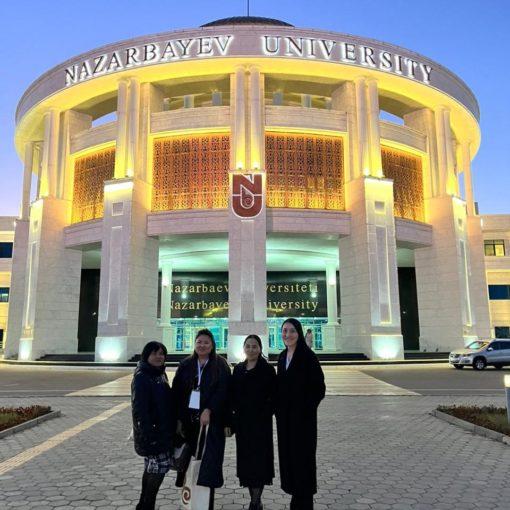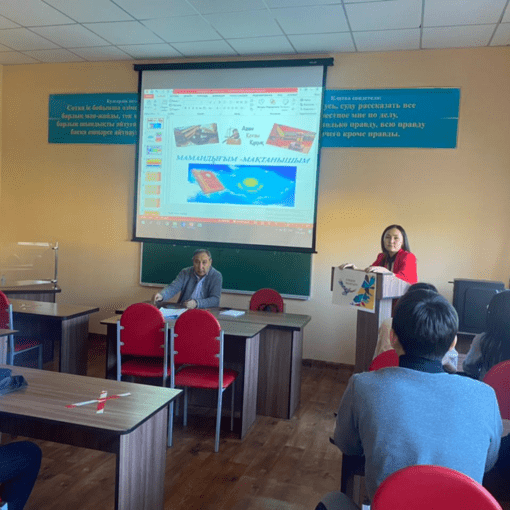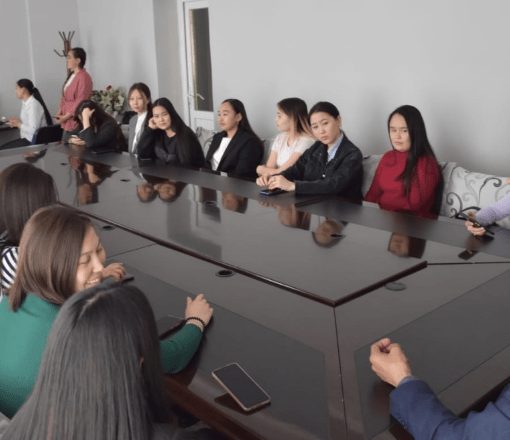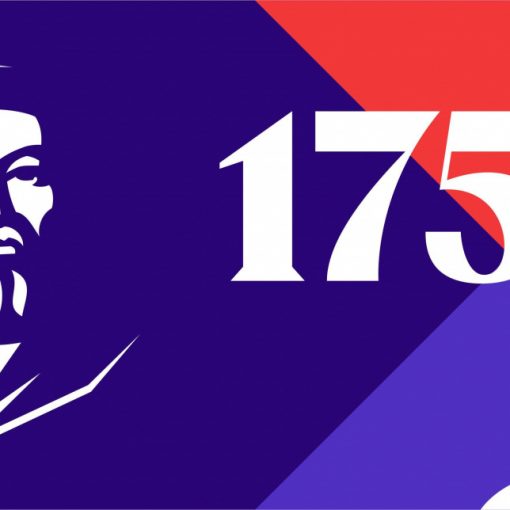In April 2024, as part of the activities of the Psychological Service and the “Know Yourself” psychological club, training on conflict resolution was held.
The training was conducted by a teacher of the Department of Pedagogy, candidate of pedagogical sciences, coach, art therapist, neurographer Dana Salamatovna Asakaeva with the participation of students of the Bolashaq Academy.

Conflict arises from a clash of judgments and is often an integral part of teamwork.
This is normal, because everyone has their own personal experience and beliefs, and also the desire to defend them.
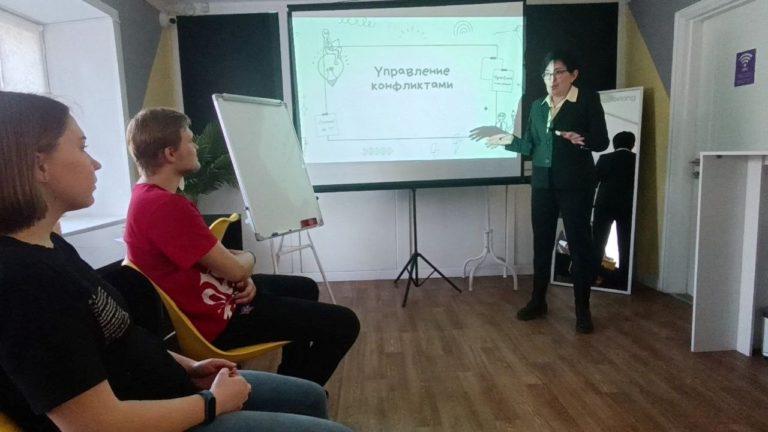
During the training we tried to answer a number of questions:
How to react to conflict from the position of “I”?
How to turn a difficult situation into a constructive one?
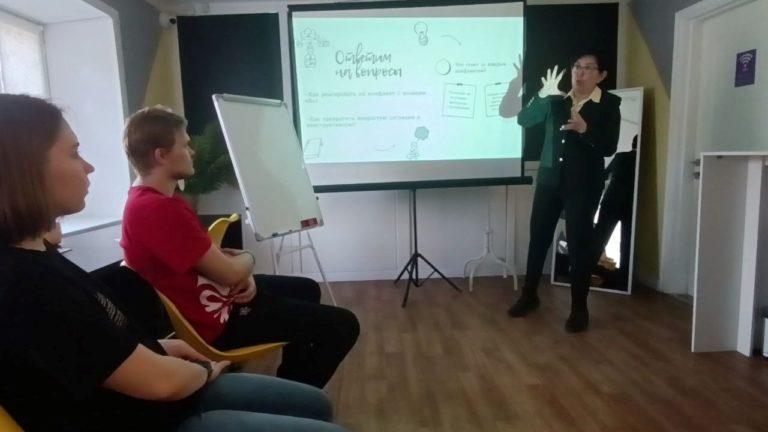
Students were asked to take the Thomas-Kilmann Conflict Mode Instrument (TKI), developed by American psychologists Kenneth Thomas and Ralph Kilmann, designed to determine the preferred conflict management style and measure the severity of five main types of behavior style in interpersonal conflict: competition, cooperation , compromise, avoidance and accommodation.
Psychologist K. Thomas classified all methods of behavior in conflict according to two criteria:
a person’s desire to defend his own interests
a person’s desire to take into account the interests of another person.
Having determined their dominant strategies in the conflict, the students participated in the simulation game “Conflict in the Hotel”, where Asakaeva D.S. showed clear characteristics of the strategies and the negative consequences of their use.

As a result, students were able to look at the conflicts that arise in various social situations from the outside.
Asakaeva D.S. showed a number of techniques for exiting the conflict into the constructive phase of the conflict.
Students noted that in order to resolve conflicts constructively, they must clearly understand which strategy is more dominant in a conflict situation and have in their arsenal a set of methods and techniques to help resolve or avoid conflict.


